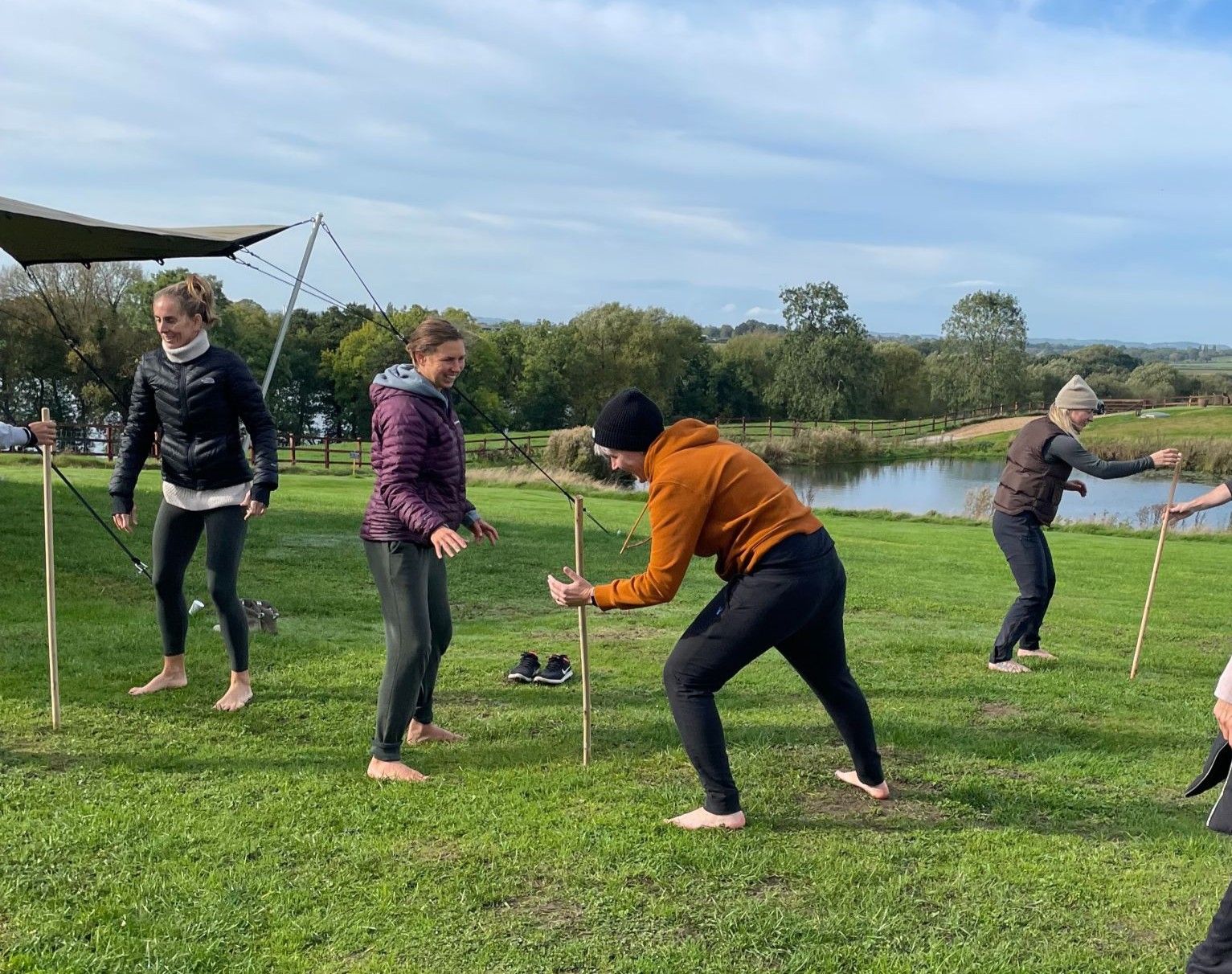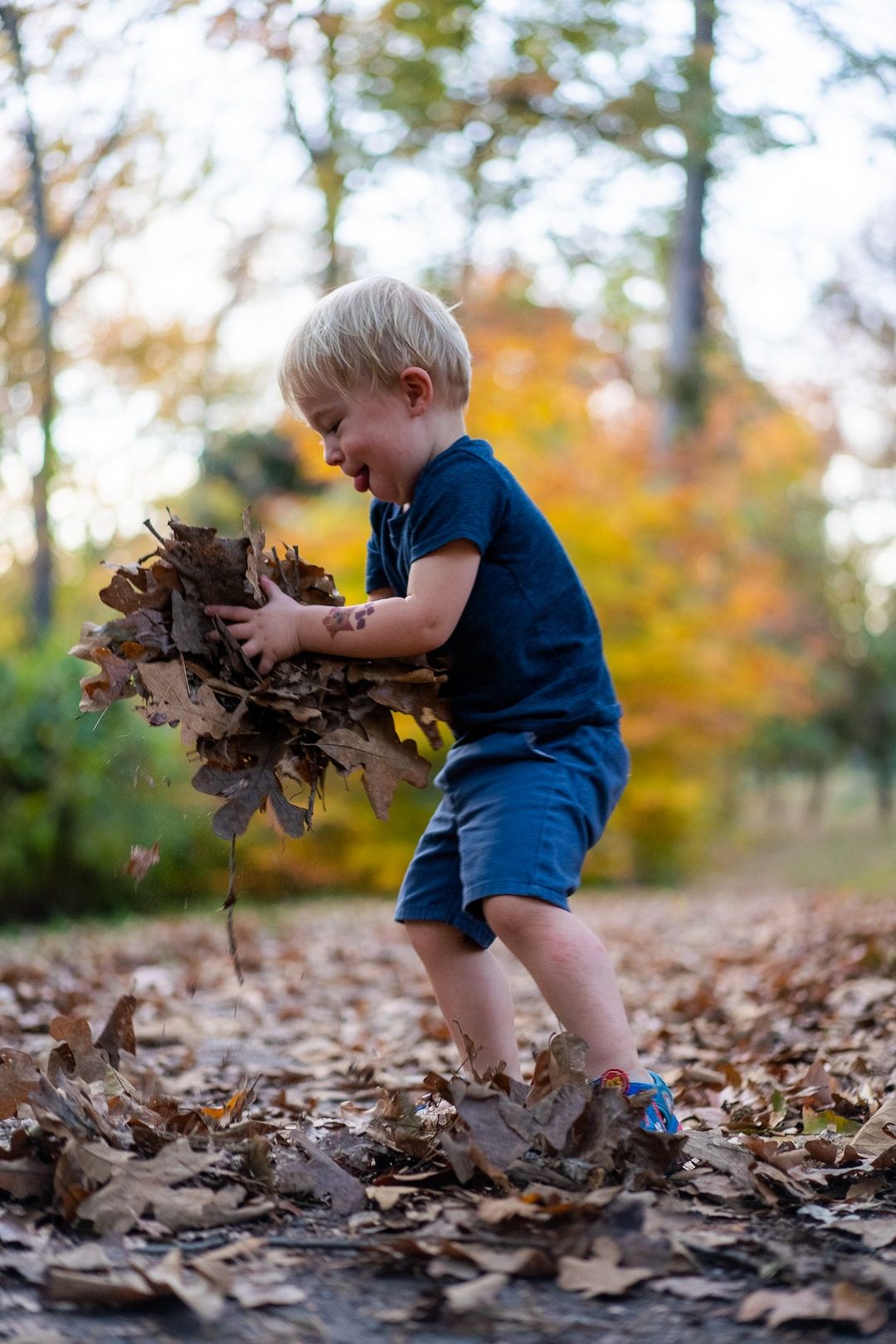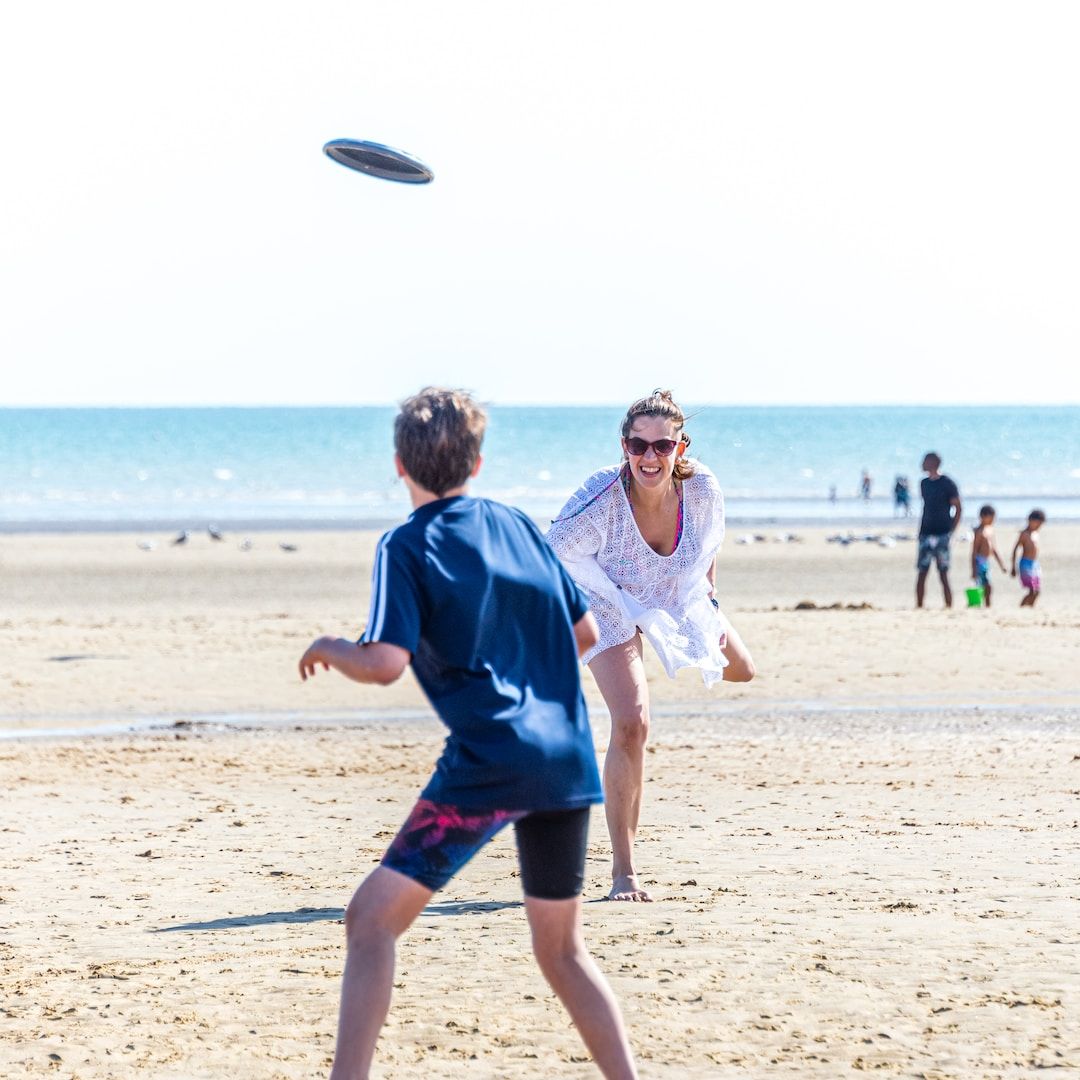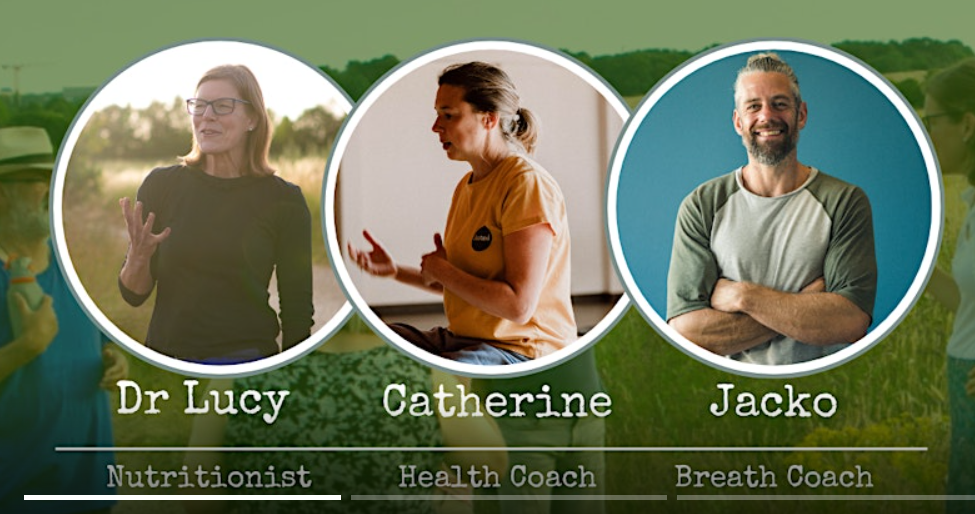Create 'Bouncebackability' from Stress

Whilst these are really valid strategies for dealing with stress as and when it comes along, there is also great value in ‘prevention’.
What might this look like?
- we know ourselves,
- are clear on our purpose,
- have supportive relationships,
- look after our physical health,
And when I think of 'bouncebackability', I think of:
When a busy period comes along at work, or we suffer a bereavement, we are more equipped to be able to 'cope with the situation'.
For me, coping would mean I can still function to a degree, rationally deal with the situation and respond in a way aligns with my values;
Plus, experience the range of emotions that comes with these things, without it then hampering my ability to be able to bounce back to be able to function as desired after the event has passed. Clearly, this may be a slow process in certain scenarios.
Note. I believe bouncebackability is created when we are in a place of balance - ie. we are not currently in the stress hole! Management tools to 'rest' are most appropriate when in the stress hole.
In our culture, play in adulthood can often be viewed as selfish, and self-indulgent and a waste of time, which can be a barrier to entry. Play is often thought of as merely a childhood activity but this shouldn't be the case, since we can benefit hugely from including forms of play. Like with all of these things, I often hear the analogy of putting the oxygen mask on before we can help others. It makes sense that we need vibrancy and energy to be able to serve others.

What can we do?
10 Benefits of Play (chriskresser.com)
This discusses play as an essential component of life, especially within the context of stress management – akin to how our body’s need movement and nutrition.
Do you need a prescription of play? If so, then continue reading!
- What was it and how did it make you feel?
Where to Start?

Sods law! When we are overly stressed, it is difficult to broaden our horizons and think creatively, so if you want to start to incorporate play, the first steps to exploring how this might look for you could be:
- Think of activities you have done in the past that have ticked the boxes for play/ brought you real joy. We think more expansively when we are in a safe environment and experience positive emotions (ie. peace, happiness, calm). For me, this is being outside after a walk or after my morning coffee when I feel full of energy and positivity! Use these times to write down/talk through potential options when you are in this type of setting.
- Aim for something doable for you, like 30 minutes per week. Often, we can tick a few boxes a the same time – ie. if we feel we would benefit form more time outdoors, time with the family, it could simply be getting a simple game of frisbee out in a local park together at a weekend. Think of when this could be included in your life – protecting time in your diary on the calendar might seem like it will destroy the spontaneity that often is part of play but as an initial step, it may well be essential to keeping it on the radar, as we are creatures of habit.
I would recommend reading the Kresser article to get a better sense of play and ideas for execution!
Please do share your playtime activities with us, as it helps to give us all ideas as to how we might broaden our horizons.
Catherine
Health Coach


